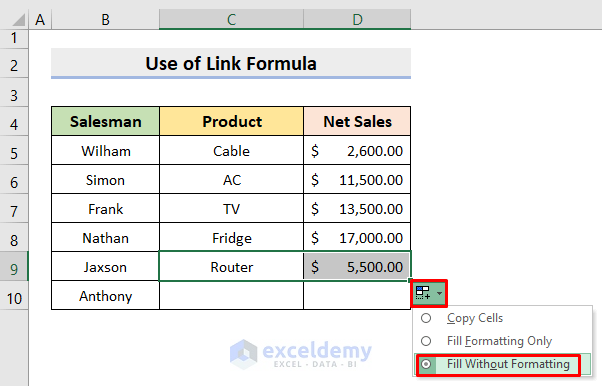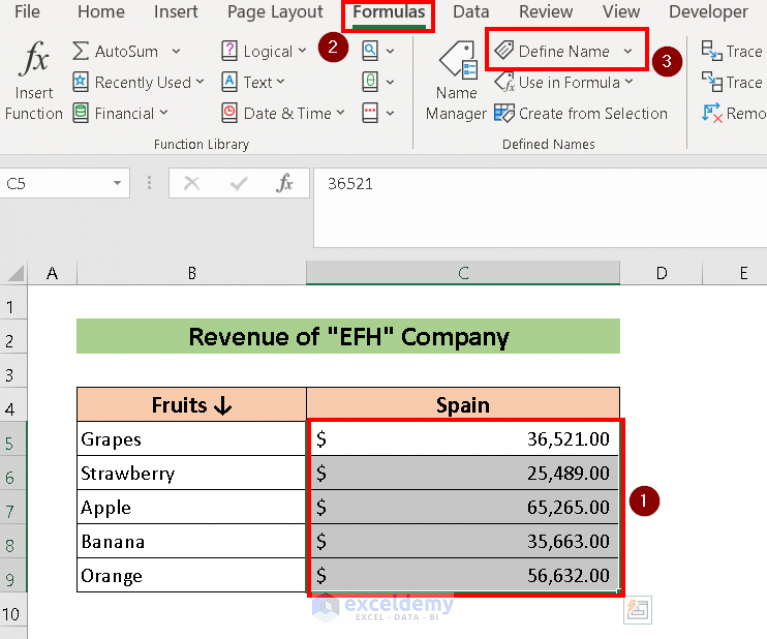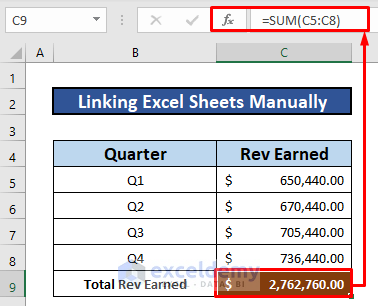5 Simple Ways to Link Sheets in Excel 2010

Linking sheets in Microsoft Excel 2010 can significantly enhance your productivity, allowing for seamless data analysis, report compilation, and collaborative work. Whether you're a financial analyst, data entry professional, or someone who deals with extensive spreadsheets, knowing how to link sheets efficiently can transform the way you work with data. In this comprehensive guide, we'll explore five simple methods to link sheets in Excel 2010, ensuring your work remains dynamic and accurate.
1. Using Cell References


The most straightforward way to link sheets is by using cell references. This method involves manually referencing cells from one sheet to another:
- Select the cell where you want to insert the link.
- Type the equals sign (=) to start the formula.
- Click on the sheet tab you want to link from, then click the cell or range of cells to be linked.
- Press Enter, and the formula will populate, looking something like
=Sheet1!A1.
💡 Note: Keep in mind that if you change the source sheet name or delete it, the link will break.
2. Utilizing Named Ranges


Named ranges offer an organized way to reference cells:
- Go to the Formulas tab and click on “Name Manager”.
- Add a new name and define the range.
- To link, simply type the equals sign (=) and then the name of the range.
📌 Note: Named ranges make formulas easier to read and maintain, but they're not immune to errors if ranges change.
3. Employing the HYPERLINK Function

The HYPERLINK function isn’t just for URLs; it can also link to different places in the same workbook:
- Select the cell where you want the link.
- Enter
=HYPERLINK(“#” & CELL(“address”, Sheet1!A1), “Go to Sheet1”)where Sheet1 is the target sheet and A1 is the cell.
📚 Note: This method works well for navigation but won't dynamically update data.
4. Creating Dynamic Data Ranges with OFFSET

For more advanced linking, the OFFSET function can create dynamic ranges:
- Use the OFFSET function to create a range that changes based on certain criteria.
- For example,
=OFFSET(Sheet1!A1, 0, 0, COUNTA(Sheet1!A:A), 1)would create a range from A1 down to the last non-empty cell in column A.
🖥 Note: This method requires a thorough understanding of Excel functions, but it's incredibly powerful for dynamic reporting.
5. Using VLOOKUP to Link Sheets


VLOOKUP can link sheets by looking up values in one sheet and returning corresponding values from another:
- Select the cell where you want the linked data to appear.
- Enter a formula like
=VLOOKUP(A2, Sheet1!A1:B100, 2, FALSE)where A2 is the lookup value, Sheet1!A1:B100 is the range, and 2 is the column index.
📝 Note: VLOOKUP can be brittle; changes in the source data can break the link if not updated accordingly.
Linking sheets in Excel 2010 provides multiple benefits for data management and analysis. By utilizing the above methods, you can ensure that your work is not only dynamic but also resilient to changes, allowing for real-time updates and seamless collaboration. Each method serves different purposes:
- Cell References for quick and straightforward linking.
- Named Ranges for maintaining clear and readable formulas.
- HYPERLINK Function for navigation within a workbook.
- OFFSET for dynamic data ranges.
- VLOOKUP for comprehensive data retrieval.
By mastering these techniques, you'll not only save time but also enhance the accuracy of your data, making your Excel files more responsive to updates and changes in your work environment.
Can I link to external workbooks?

+
Yes, you can use the same cell referencing techniques by including the workbook’s filename in the link, like =‘[SourceWorkbook.xlsx]Sheet1’!A1.
How do I keep linked data updated?

+
Excel updates linked data automatically, but you can also manually refresh by right-clicking a cell with a link and choosing “Refresh”.
What happens if I rename or delete a linked sheet?

+
Renaming or deleting a sheet can break the links. You’ll need to update the formulas manually or use the “Update Links” option if available.
Are there any limitations to the number of sheets I can link?

+
Excel 2010 supports up to 255 separate workbooks open at once, and each workbook can have many sheets, but very large numbers of links can affect performance.



